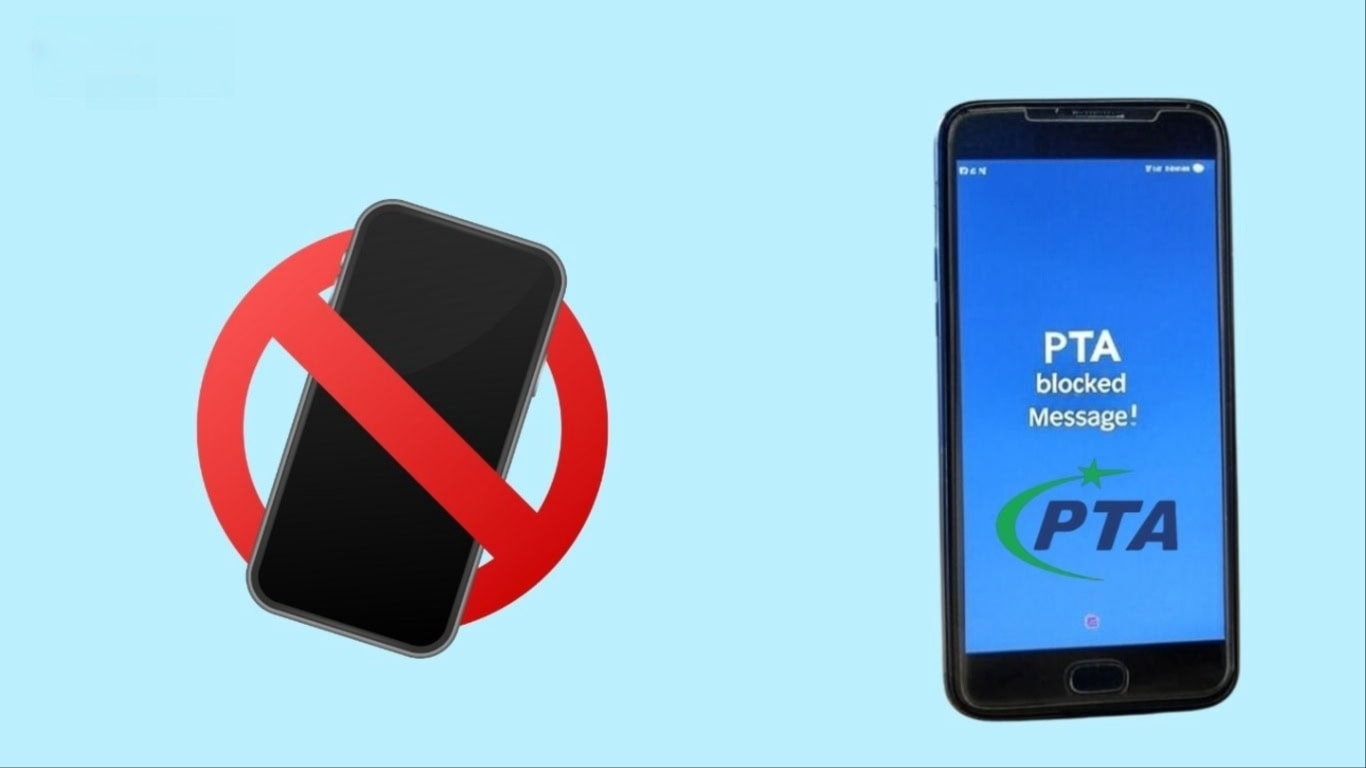In a startling development, the Pakistan Telecommunication Authority (PTA) is facing allegations of a significant breach in its online security system, resulting in the theft of over one million International Mobile Equipment Identity (IMEI) numbers. Sources close to the situation have revealed that technical weaknesses in the PTA’s Device Identification, Registration, and Blocking System (DIRBS) have enabled the fraudulent assignment of IMEIs from low-cost feature phones to smuggled high-end smartphones, including iPhones and Samsung models.
Industry experts have indicated that mobile phone manufacturers in Pakistan are sounding the alarm over this vulnerability, cautioning that it could lead to losses amounting to billions of rupees for the national treasury. The Mobile Phone Manufacturing Association has officially alerted the PTA about this serious flaw and is urging immediate action to prevent further misuse.
Reports suggest that IMEIs from budget phones, typically priced around Rs2,000, are being illicitly reassigned to high-end smuggled devices. This manipulation allows black-market operators to circumvent PTA’s security measures and register illegal smartphones for use within Pakistan.
A confidential letter from the Mobile Phone Manufacturing Association, points out systemic failures in the IMEI blocking processes, leading to the disconnection of legally imported smartphones owned by tax-compliant consumers. Telecom companies have reported widespread IMEI duplication, compelling them to replace devices for affected customers.
Insiders allege that PTA officials were aware of these problems but did not take necessary corrective measures. Additionally, there are claims that a key employee in a technical department has been granted repeated contract extensions over the past seven years, raising significant concerns about potential conflicts of interest within the regulatory agency.
In addition to the extensive data breach, consumers have begun to report instances where their previously approved phones are unexpectedly being blocked.
A resident of Rawalpindi recently expressed his disappointment after discovering that his Infinix Hot 10, which he bought in 2022, was marked as non-PTA compliant two years later. When he sought assistance at a repair shop in Saddar, Rawalpindi, he was directed to contact Infinix’s franchise. There, he learned that he would need to pay Rs3,500 in PTA tax to unblock his phone.
“How can a phone that was PTA-approved at the time of purchase suddenly be blocked?” he questioned, calling for experts to look into the issue.
Another individual shared their experience of buying an Infinix Hot 40, which came with a PTA-approved sticker on the packaging. A month ago, they received a notification from PTA stating that their IMEI was unregistered, but the message included an IMEI number with a missing digit. Assuming it was a mistake, they disregarded it—until one of their SIM cards was completely blocked recently.
“This seems like widespread corruption. How are phones that were legally purchased now being labeled as non-compliant?” they inquired, seeking an official explanation.
Industry experts have raised concerns that compromised data, which is reportedly accessible to both PTA and Customs, has contributed to the rampant smuggling of smartphones through airports and other unofficial channels. Reports indicate that millions of iPhones and Samsung devices are entering the country illegally, with PTA-issued IMEIs being sold to legitimize these smuggled products.
If a comprehensive audit were conducted, telecom networks could potentially uncover one of Pakistan’s largest cyber frauds, resulting in billions of rupees in lost revenue.
In light of these allegations, PTA officials for comments regarding the purported IMEI manipulation, security issues, and consumer grievances. However, as of the time this report was published, PTA had not provided a response.
Given the severity of the situation, mobile phone manufacturers have called on the government and law enforcement to initiate an immediate high-level investigation. They are also urging for urgent reforms to protect legitimate consumers and prevent further issues.
For more daily updates, please visit our News Section.

